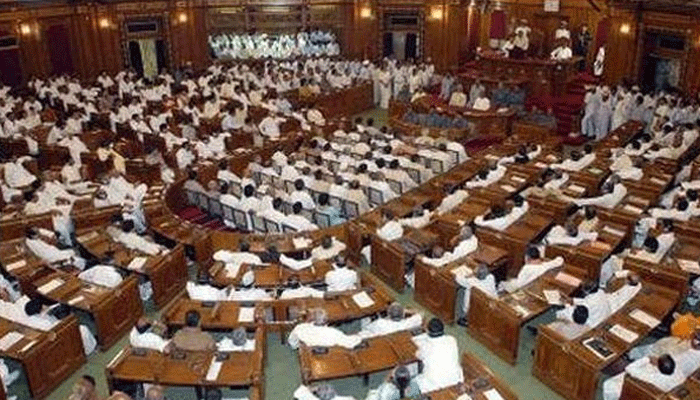Eleven MLAs of Tamil Nadu assembly, led by the Deputy Chief Minister, O.Panneer Selvam, whose disqualification on the ground of defection is awaiting the decision of the Speaker for several months, told the Supreme Court on Thursday that issue of whip is mandatory for a motion on the vote of confidence, to be taken up by the assembly.Relying on paragraph 120 of the Supreme Court’s...

